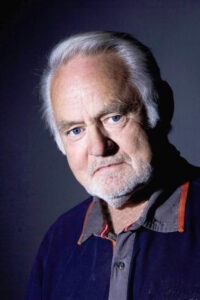
I first met Poul Dal around 1991. He was, at that time, and for many years, a well-liked elder in his congregation of Jehovah’s Witnesses in the royal city of Viborg, located in Central Jutland, Denmark.
But, suddenly, everything changed. He had posed critical questions about several Witnesses doctrines, after which he was subjected to various forms of harassment. Under a fellow believer’s promise of confidentiality, and that nothing would escape their conversations, Poul Dal was spied on by the leadership of his local congregation. His fellow believer, of course, reported him. But Poul held on to his newly awakened skepticism.
One of Poul Dal’s relatives had joined Russell’s Bible Students while living in the United States, and on his return to Denmark he became a missionary for the Bible Students in Denmark. Here he converted Poul’s father, Knud Dal. Therefore, Poul had a proud heritage to live up to. However, doubt gnawed at him after the fateful year “1975,” when the Millennium was to come. Subsequently, he was summoned for an “interview” with the elders committee, which soon after expelled him. The consequences were a divorce, loss of all contact with his children and his grandchildren. No wonder Poul, as the most significant critic of the leadership of Jehovah’s Witnesses in Denmark, participated in the revolt against this awful society, and quickly took over as the undisputed leader of the ex-Witnesses in Denmark.
The price of leaving this religious sect is total exclusion, not only from the organization, but from all neutral connection with his family as well. It’s shocking. Without Poul Dal, the Support Group of Earlier Witnesses would not have become what it is today: a shelter for many people who would otherwise be homeless in relation to the Danish society.
I am so pleased to have known Poul Dal and his wife Jette since 1991. We meet regularly and share wonderful food and good red wine while refreshing our common past with our wives, a past that for both of us includes relatives who emigrated to the United States as well.
Poul Bregninge, Denmark
Read Poul Dal’s entire story in Judgment Day Must Wait, YBK Publishers, N.Y. 2013-2021, pp. 342 through 347.

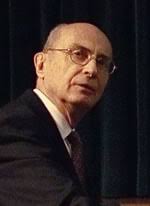
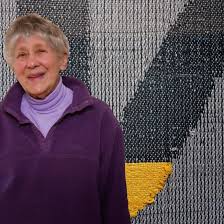 (1917–2018)
(1917–2018)
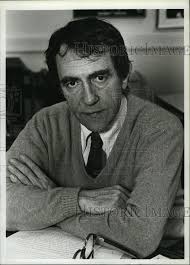 Joe Papp
Joe Papp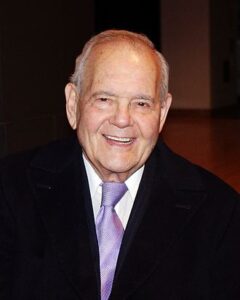 Bob Silvers
Bob Silvers Born 1941
Born 1941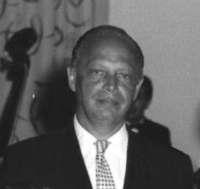 1911–1986
1911–1986 (1898–1971)
(1898–1971)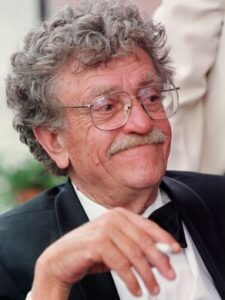 1922–2007
1922–2007